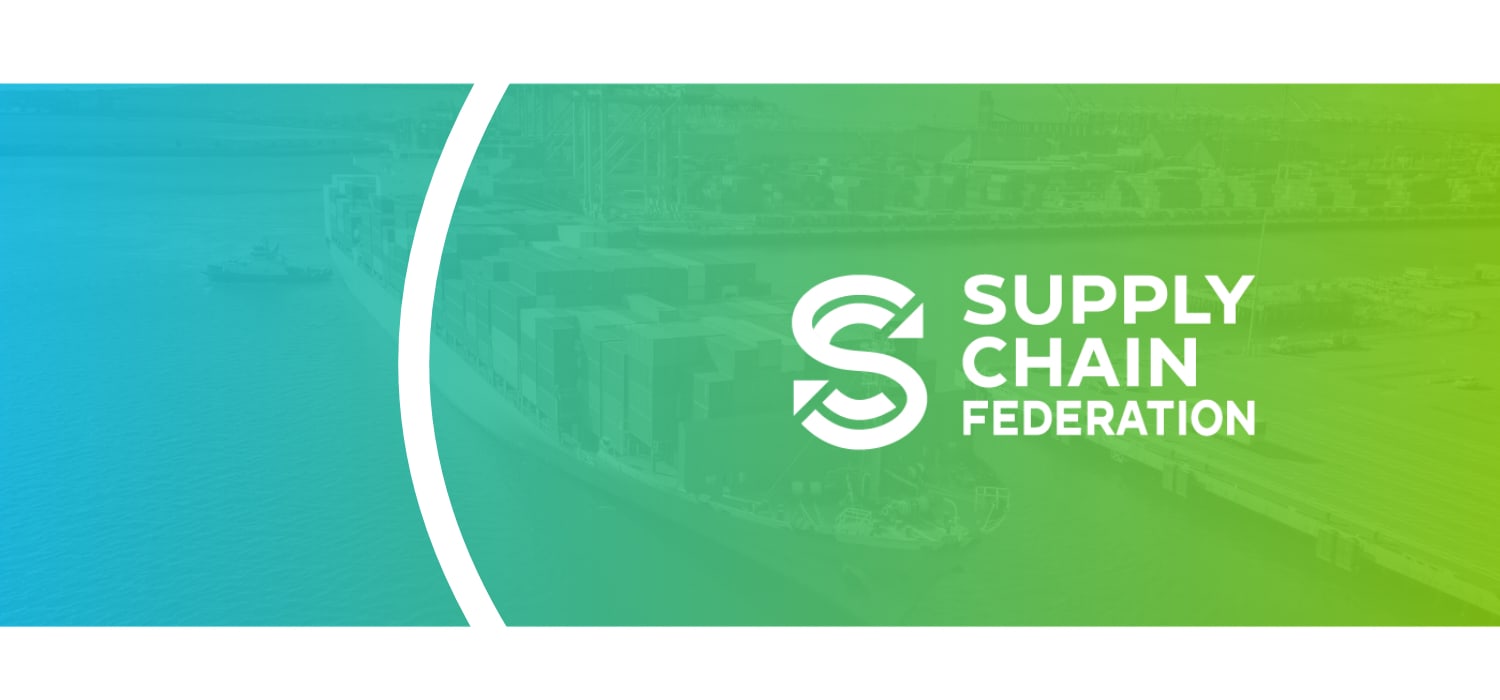
As California moves forward with expanding its controversial warehouse Indirect Source Rule (ISR) statewide, the Supply Chain Federation is raising serious concerns—backed by a new independent analysis—that the policy is deeply flawed, economically harmful, and environmentally ineffective.
Global Consulting firm Ramboll analyzed the Warehouse Actions and Investments to Reduce Emissions (WAIRE) program, part of the ISR enforced by the South Coast Air Quality Management District. The findings are clear: WAIRE has failed to achieve measurable emissions reductions, while dramatically increasing costs for warehousing, logistics, small businesses, and ultimately, consumers.
“This is a textbook case of regulatory overreach with no return,” said Tim Jemal, CEO of the Supply Chain Federation. “The WAIRE has failed to deliver the environmental benefits it promises. Instead, it threatens jobs, fuels economic uncertainty, and sets a dangerous precedent for California and the nation.”
The Federation warns that expanding ISR-style rules without data-driven outcomes could disrupt goods movement across California, strain national supply chains, and spur regulatory copycatting in other states—amplifying the economic damage nationwide.
Key Findings from the Ramboll Report:
- No meaningful emissions reductions tied directly to WAIRE, per Ramboll and the U.S. EPA
- Emissions improvements stem primarily from existing state regulations, not ISR compliance
- Compliance costs have soared to 3–9 times higher than projected
- Small businesses bear the brunt, with costs disproportionately affecting smaller operators
- Risk of job loss and emissions leakage as operations relocate to less-regulated regions
To lead the conversation and advocate for workable alternatives, the Supply Chain Federation has launched a National ISR Working Group, bringing together industry leaders, environmental experts, and public policy professionals from across the country. The group will develop evidence-based strategies to promote clean air solutions without undermining supply chain integrity or economic competitiveness.
“We’re strongly committed to smart environmental stewardship,” Jemal added, “but policy must be grounded in real-world results, not bureaucratic ambition. The ISR model in its current form fails that test.”
Read the full report here.
Read the summary report here.
The Supply Chain Federation
The Supply Chain Federation is a national advocacy organization representing the logistics, freight, warehouse, manufacturing, and goods movement industries. With a mission to promote efficient, sustainable, and competitive supply chains, the Federation works with policymakers, industry leaders, and the public to ensure common-sense solutions to the most pressing transportation and infrastructure challenges. Learn more at www.SupplyChainFederation.com.
Ramboll
Ramboll is a leading global engineering, architecture, and consultancy firm founded in Denmark with over 18,000 experts across 35 countries. With a strong legacy in environmental, air quality, and regulatory analysis, Ramboll brings world-class expertise and scientific rigor to complex public policy evaluations. Learn more at www.ramboll.com.
